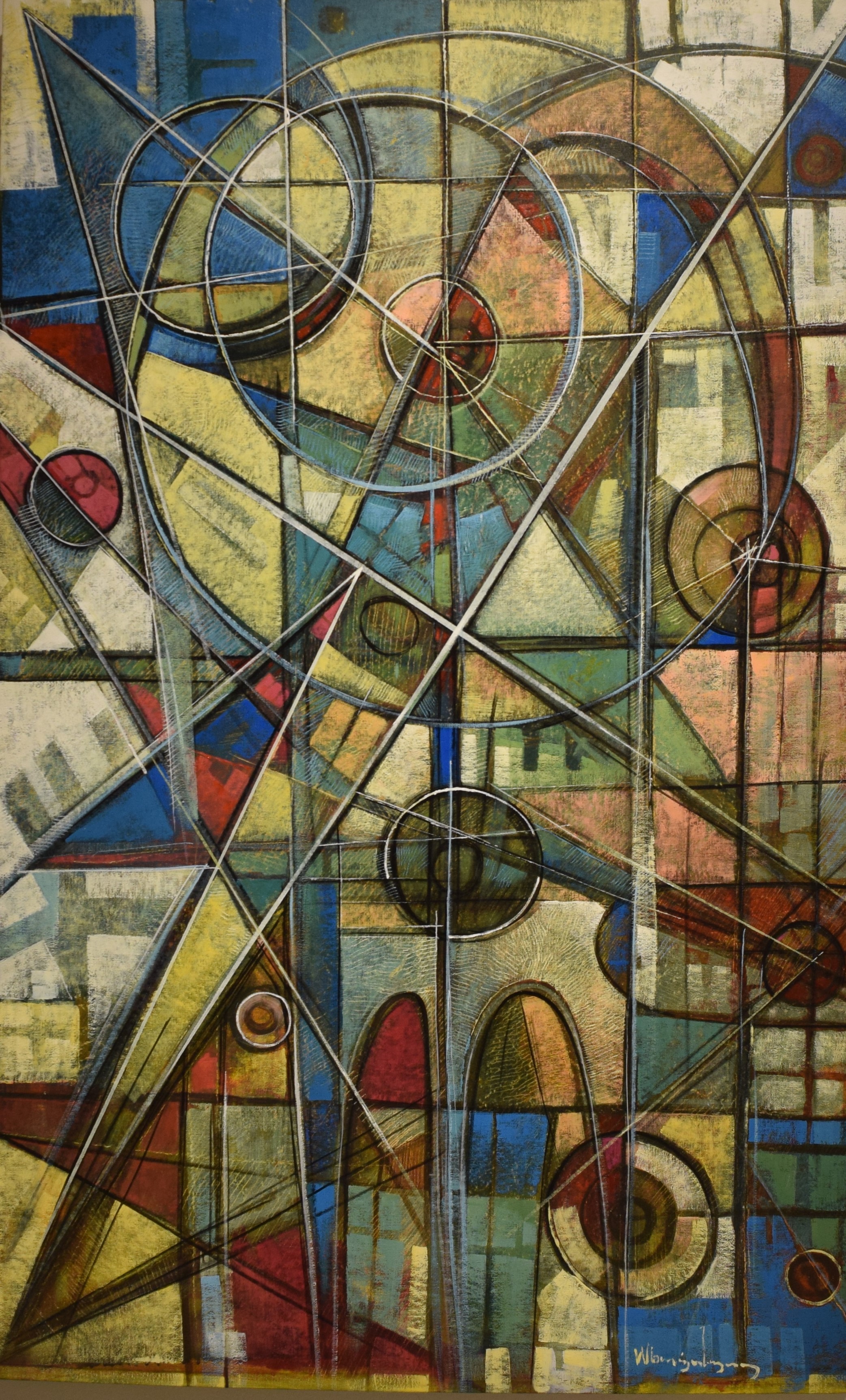Abstract
In the present work the object of study and the methodology of Russian formalism will be analyzed from an Althusserian perspective. In the first instance we will try to address the problem of "scientific abstraction", as well as the successive approaches by the formal school to the definition, relatively stable throughout its years of activity, of the object and the method of study. In second instance we will try to address two fundamental principles of Russian formalism (the effective existence of literary texts, and the presupposition of a literariness), not only taking into account their epistemological implications, but also the impact that these two principles had in the literary theory of the early twentieth century.
References
Althusser, L. (2015). Iniciación a la filosofía para los no filósofos. Buenos Aires: Paidós.
Althusser, L., Balibar, E. (2010). Para leer El Capital. Madrid: Siglo Veintiuno.
Bachelard, G. (2000). La formación del espíritu científico: contribución a un psicoanálisis del
conocimiento objetivo. Buenos Aires: Siglo XXI.
De Saussure, F. (2015). Curso de lingüística general. Buenos Aires: Losada.
Eichenbaum, B. (1978). La teoría del “método formal”. En Tzvetan Todorov (Ed.), Teoría de la literatura
de los formalistas rusos (pp. 21-54). México: Siglo Veintiuno.
Erlich, V. (1974). El formalismo Ruso. Buenos Aires: Seix Barral.
Jakobson, R. (1978). Sobre el realismo artístico. En Tzvetan Todorov (Ed.), Teoría de la literatura de los
formalistas rusos (pp. 71-80). México: Siglo Veintiuno.
Macherey, P. (1974). Para una teoría de la producción literaria. Venezuela: Universidad Central de
V enezuela.
Propp, V. (1978). Las transformaciones de los cuentos fantásticos. En Tzvetan Todorov (Ed.), Teoría de la
literatura de los formalistas rusos (pp. 177-198). México: Siglo Veintiuno.
Sanmartín Ortí, P. (2006). La finalidad poética en el formalismo ruso: el concepto de desautomatización.
Madrid: Universidad Complutense de Madrid.
Shklovski, V. (1978). El arte como artificio. En Tzvetan Todorov (Ed.), Teoría de la literatura de los
formalistas rusos (pp. 55-70). México: Siglo Veintiuno.
Steiner, P. (2001). El formalismo ruso, una metapoética. Madrid, España: Akal.
Tinianov, J. (1928). “Sobre la evolución literaria”. En Tzvetan Todorov (Ed.), Teoría de la literatura de los
formalistas rusos (pp. 123-140). México: Siglo Veintiuno.
Todorov, T. (Ed.). (1978). Teoría de la literatura de los formalistas rusos. México: Siglo Veintiuno. Tomashevski, B. (1978). Sobre el verso. En Tzvetan Todorov (Ed.), Teoría de la literatura de los formalistas rusos (pp. 115- 126). México: Siglo Veintiuno.






